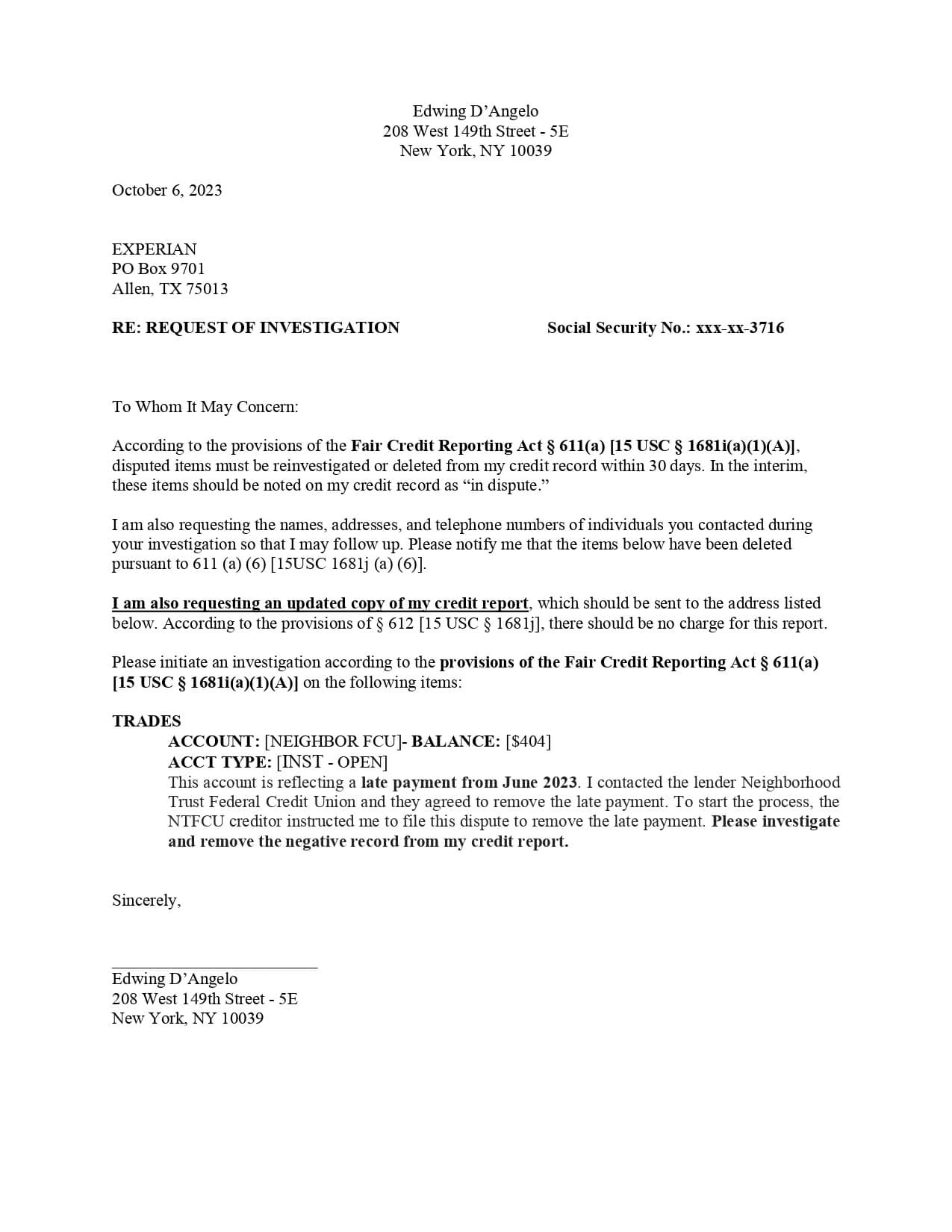United States
Mass incarceration doesn’t just unnecessarily deprive people of their freedom — it also comes with enormous social and economic costs for formerly incarcerated individuals, their families, and their communities.
The fiscal consequences of mass incarceration are immense. The United States spends about $270 billion annually on our criminal justice system, with the vast majority of those costs borne by taxpayers. Building and running prisons is an astonishingly expensive enterprise. Many states spend tens of thousands of dollars per year to incarcerate a single person — rivaling what it would cost to send them to an elite, private university.
But the price of imprisonment extends far beyond the money spent by states and the federal government. Mass incarceration exacerbates poverty and inequality, holding back millions of men and women. People who have interacted with the justice system — a disproportionate number of whom are racial and ethnic minorities — face discrimination in the hiring process, earn lower wages, have weaker social networks, and experience less upward economic mobility than those who are never incarcerated. And they aren’t the only ones to shoulder these burdens: Their families and communities suffer as well, and the effect reverberates across generations.
(Introduction was extracted from the Brennan Center For Justice)
Work For All
The purpose of our foundation is not to relitigate the obvious. It is seeking, however, a path to redemption. What happens with the individuals when they leave incarceration facilities – “paid their debt to society”? The rule of thumb is that a big majority will eventually return to the vicious cycle of mass incarceration.
We are not the first ones to bring this to light, but we are astonished, that there is no more attention to these facts. We, as a society, need to utilize just as many resources to ensure that former prisoners have a path forward to earn a decent living and they are not candidates to go back to prison. There have to be more preventive measures in place to ensure that particularly with non-violent offenders. We strongly believe that WORK FOR ALL is one if not the most effective way to ensure that.
Living and working in Harlem, we encounter many young and middle age who come out of prison

